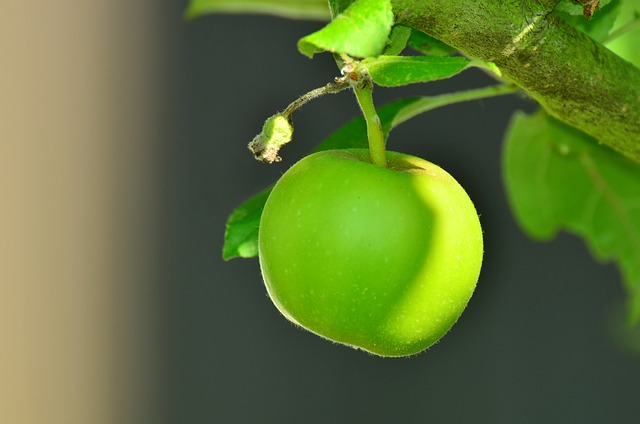As parents, we always want the best for our children, and their health is a top priority. One way to support their health is by providing them with probiotics. These helpful microorganisms can benefit children from teething to toddlerhood. In this article, we’ll explore the benefits of probiotics and why they should be a part of your child’s daily routine.
What are Probiotics?
Probiotics are living microorganisms that live in the gut and provide health benefits. They are often referred to as “good” bacteria because they help keep the digestive system healthy by aiding in the digestion of food, producing vitamins, and keeping harmful bacteria in check. Probiotics come in many different strains, but the most common ones are Lactobacillus and Bifidobacterium.
Probiotics for Infants and Toddlers
Probiotics can benefit infants from a very young age. In fact, babies receive their first dose of beneficial bacteria from their mother during vaginal delivery. Breastfeeding also provides additional probiotics to the baby. However, if a baby is formula-fed or born via C-section, they may not receive adequate amounts of probiotics. In that case, probiotic supplements can be beneficial for a baby’s digestive health.
When infants start solids, introducing probiotics can also be helpful. Probiotic supplements can be mixed into pureed foods or added to bottles. Probiotics can help reduce colic, improve infant digestion, and boost the immune system.
For toddlers, probiotics can help support their still-developing immune system. Toddlers are also at risk of developing digestive issues due to their expanding diet, and probiotics can help support their digestive health during this transition.
Choosing the Right Probiotic
When it comes to selecting a probiotic supplement for your child, there are a few things to consider. The first is the strain of bacteria. While Lactobacillus and Bifidobacterium are the most commonly used strains, there are other strains that can be beneficial for specific conditions. For example, Streptococcus thermophilus can be beneficial for lactose intolerance.
It’s also important to choose a probiotic supplement that is specifically formulated for children. Probiotic supplements for adults may contain too high of a dose for children or have strains that are not suitable for their needs.
Adding Probiotics to Your Child’s Diet
One of the easiest ways to provide your child with probiotics is through food. Fermented foods like yogurt, kefir, and kimchi contain natural sources of probiotics. When selecting these types of foods, be sure to choose the plain varieties without added sugars. You can also make your own fermented foods at home.
Probiotic supplements are also an easy way to provide your child with beneficial bacteria. These supplements come in various forms, including capsules, gummies, and powders. You can add powdered probiotics to smoothies or mix them into food.
Potential Side Effects of Probiotics
While probiotics are generally safe for children, there can be some potential side effects. The most common side effect is digestive discomfort such as gas and bloating. This is usually temporary and resolves on its own. If you notice any severe symptoms such as vomiting or diarrhea, discontinue use and consult your child’s healthcare provider.
In Conclusion
Probiotics can be a helpful addition to your child’s diet. They can support digestive health, boost the immune system, and mitigate some health issues. When choosing a probiotic supplement, consider your child’s specific needs, and choose a product that is specifically formulated for children. Speak with your child’s healthcare provider if you have any questions or concerns about adding probiotics to their diet.







